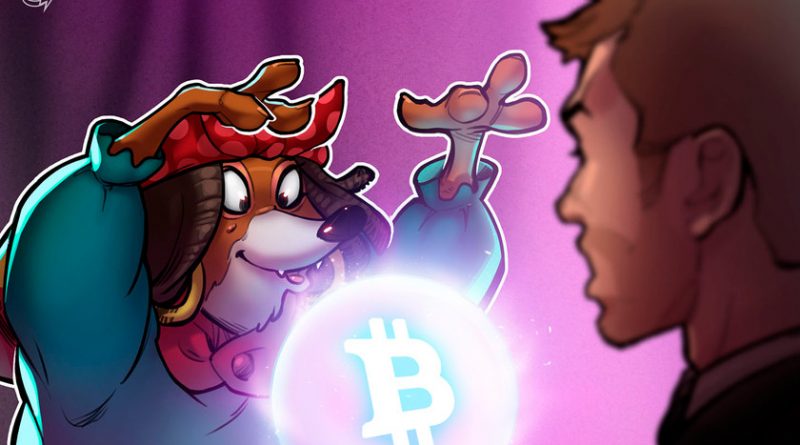Bitcoin’s short-term price trajectory could be bleak, says Celsius CEO
As it stands, Bitcoin’s price has fallen more than $10,000 since Jan. 8.
Healthy price corrections are generally part of market bull runs. With one such drop currently underway, Celsius’ CEO Alex Mashinsky thinks $16,000 could be in the cards.
“I have been predicting that Bitcoin and many altcoins will hit new all-time highs during 2021 and beyond,” Mashinsky told Cointelegraph. “Still, we will see several corrections, like what is going on today, that will allow savvy investors to accumulate these assets at a discount.”
After Bitcoin broke its 2017 record high in December 2020, the asset continued upward in parabolic fashion, finding itself worth more than double its one-time high of $19,892 less than two months later.
Bitcoin nearly reached $42,000 on Jan. 8 before beginning its recent descent, holding a value near $32,700 at time of publication. From its all-time high near $42,000, down to its recent low, Bitcoin has already corrected approximately 28% in price.
Mashinsky said:
“I see Bitcoin prices plunging even further than 25%. Sooner or later, the bears will accumulate enough pressure to see a correction. Overall I see the potential for bitcoin prices to fall all the way back to $16,000 before the end of the first quarter.”
Bitcoin’s price has soared with lightning-like velocity in recent weeks. Although bull markets often include price pullbacks, what are some signs that might occur when this price correction is over? “Regardless of this drop and many more to come, we will continue saying the same thing since 2017,” Mashinsky said, adding:
“There is nothing better than HODLing your BTC and earning yield on it because very few investments delivered the returns of Bitcoin over 1,3 & 5 years. This process will flush the weak hands and transfer the baton with all their BTC from the short-term speculators to the long-term institutions and HODLers.”
Bitcoin’s bull run also comes in line with a number of other economic factors, including money printing and possible inflation.




